Homer
Homer Learning was founded by Stephanie Dua in 2012 with a mission to revolutionize early childhood education through personalized, engaging, and effective digital learning experiences. Recognizing the limitations of many early learning resources which often emphasized repetitive and uninspiring learning methods, Dua was motivated to create an app that was both educational and genuinely enjoyable for kids. Her vision was to blend state-of-the-art educational strategies with fun, interactive content that keeps children engaged and promotes genuine learning. Homer Learning has grown impressively since its inception, now reaching over 10,000 classrooms across the U.S. and achieving notable accolades, including significant enhancements in reading skills among its users (The 74 Million).
Differentiation: What Makes it Special
Homer Early Learning App stands out for its personalized learning journey that adapts to each child’s age, interests, and skill level, which is vital for fostering an engaging and effective learning environment. The app is rich with content, offering over 1,000 games, songs, and stories, and features a robust synthetic phonics system to aid reading. A unique blend of digital and physical learning experiences is also available through the app’s integration with "Explore Kits," providing a comprehensive learning package that spans across reading, math, creativity, and social and emotional learning (The Smarter Learning Guide).
How to Get Started
Getting started with Homer is straightforward. Parents can sign up for a free 30-day trial to explore the app's offerings. After the trial, there are various subscription options to choose from. The setup process includes creating a profile for the child, where parents input details such as the child's name, age, and interests, which the app uses to tailor the learning content (HOMER).
How it Works
Homer is designed for independent learning with minimal setup required from parents. Children can navigate through the app independently due to its kid-friendly interface. The recommended usage is about 15 minutes per day, which is sufficient to see significant improvements in skills over time. The app covers a wide range of subjects through interactive activities like games, stories, and puzzles, making learning varied and engaging (HOMER) (The Smarter Learning Guide).
What Educational Content it Includes
Reading: From basic letters and sounds to complex spelling
Math: Number recognition, counting, and basic operations
Social & Emotional Learning: Identifying emotions, social skills
Creativity: Art, storytelling, and imaginative play
Thinking Skills: Memory, problem-solving, and critical thinking (HOMER) (HOMER).
What’s Good About It
Users appreciate the comprehensive nature of the Homer app, highlighting its engaging, fun, and educational content that captures children's attention and interest. The app's personalization aspect is particularly praised, as it allows the learning experience to be tailored to the child’s own pace and interests, making education feel more relevant and enjoyable (The Smarter Learning Guide).
What Could Be Improved
While the Homer app is well-regarded, some parents note that online access is required for most features, which can be limiting. Additionally, the content download process can be time-consuming, and the app offers limited tracking of children's progress, which could be enhanced to better monitor and support development (The Smarter Learning Guide).
Any Advice from Parents
Parents suggest integrating learning with play by utilizing the app in short bursts throughout the day to keep children engaged without overwhelming them. They also recommend taking advantage of the offline activities provided to complement digital learning and reinforce the skills learned on the app (The Smarter Learning Guide).
Who It’s an Ideal Fit For
Homer is ideal for young learners from 2 to 8 years old who are beginning their educational journey. The app is especially beneficial for children who enjoy interactive, game-based learning and for parents seeking a comprehensive tool that covers multiple learning domains including reading, math, and emotional skills (The Smarter Learning Guide).
Who It’s Probably Not a Fit For
Homer may not be suitable for families without reliable internet access, given its dependency on online connectivity for full functionality. It may also not be the best fit for parents looking for an app with extensive tracking and reporting features on their child's educational progress (The Smarter Learning Guide).
Grades
The app is designed for early learners, typically from Toddler to Growing Learner stages, approximately ages 2 to 8 (HOMER).
Cost
Homer offers a flexible subscription model, with monthly rates at $9.99 and an annual subscription available for $59.99, which works out to about $4.99 per month. This includes access for up to four child profiles and a variety of offline activities (The Smarter Learning Guide).
Ways to Get It
Homer Early Learning App is accessible through various platforms including its website and mobile apps on both iOS and Android. Parents can start with a free trial and choose from several subscription options based on their needs (The Smarter Learning Guide).
Affiliate Disclaimer: Some links on our site are affiliate links, which means Modulo may earn a small commission if you purchase through them (at no cost to you). Rest assured, we only recommend resources we’ve rigorously vetted and truly love—affiliate link or not. Thank you so much for supporting our work!

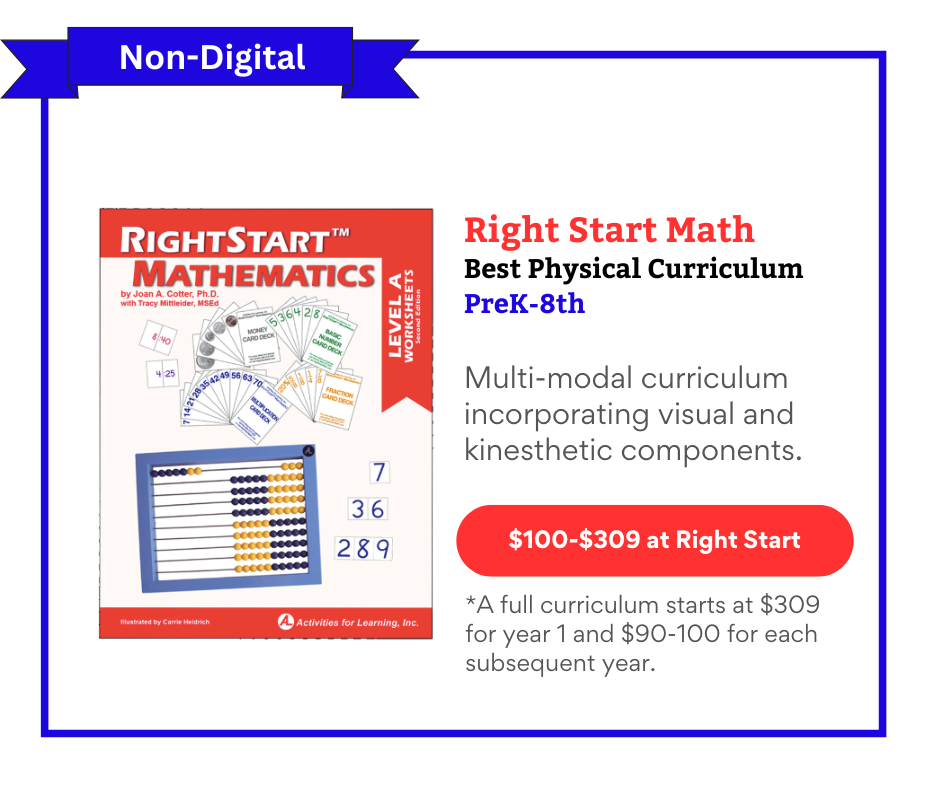
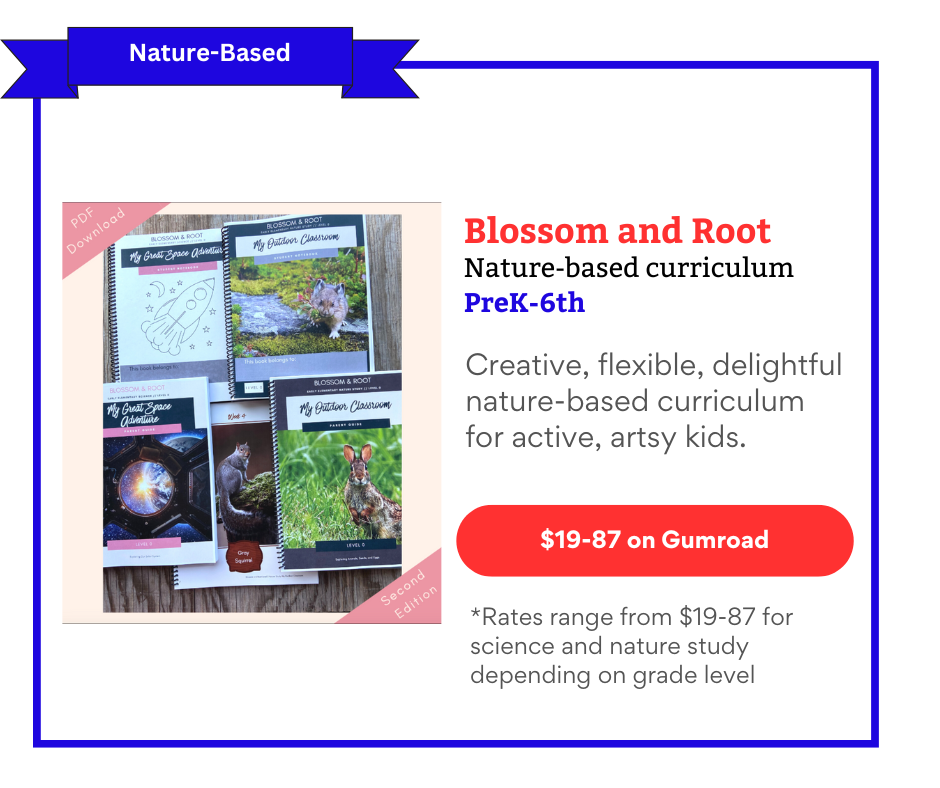

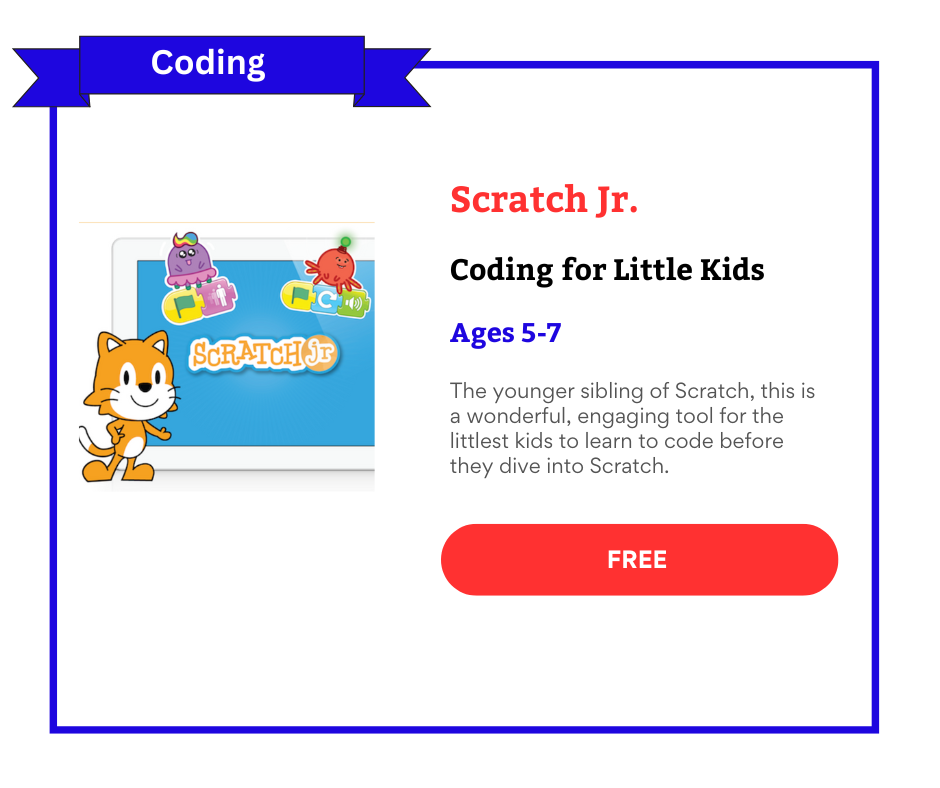
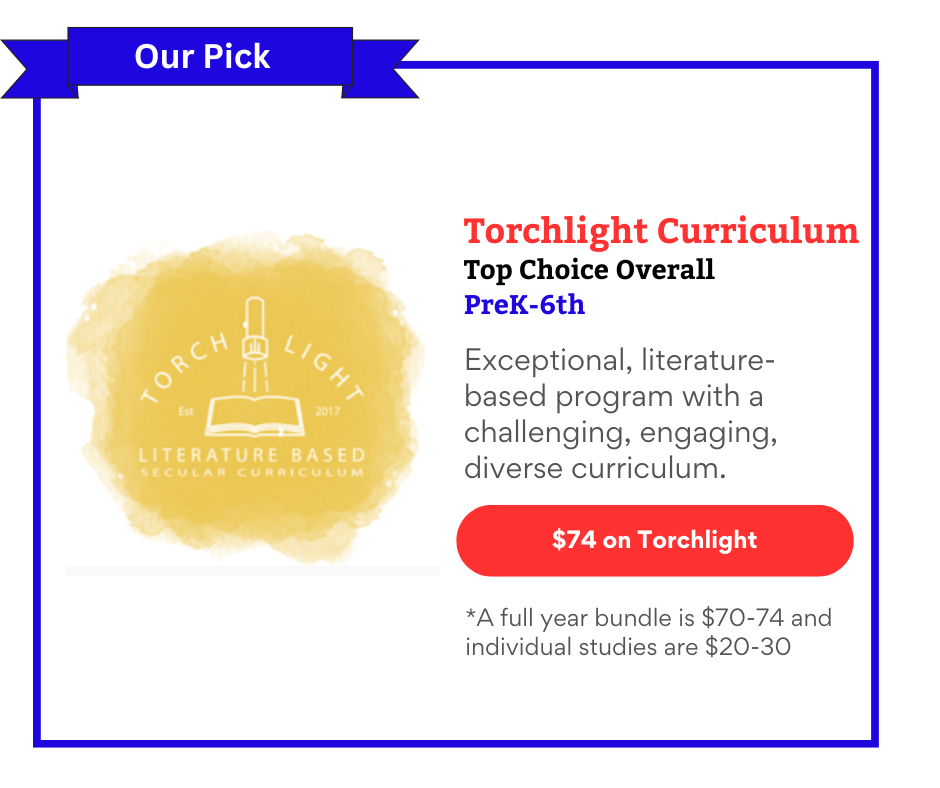
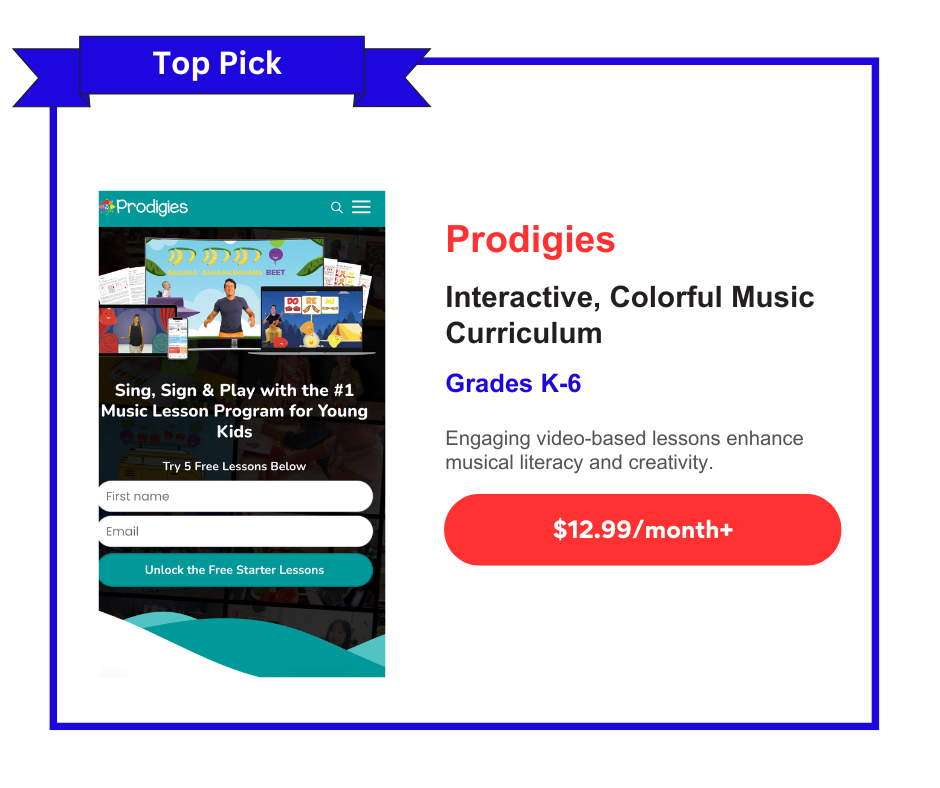
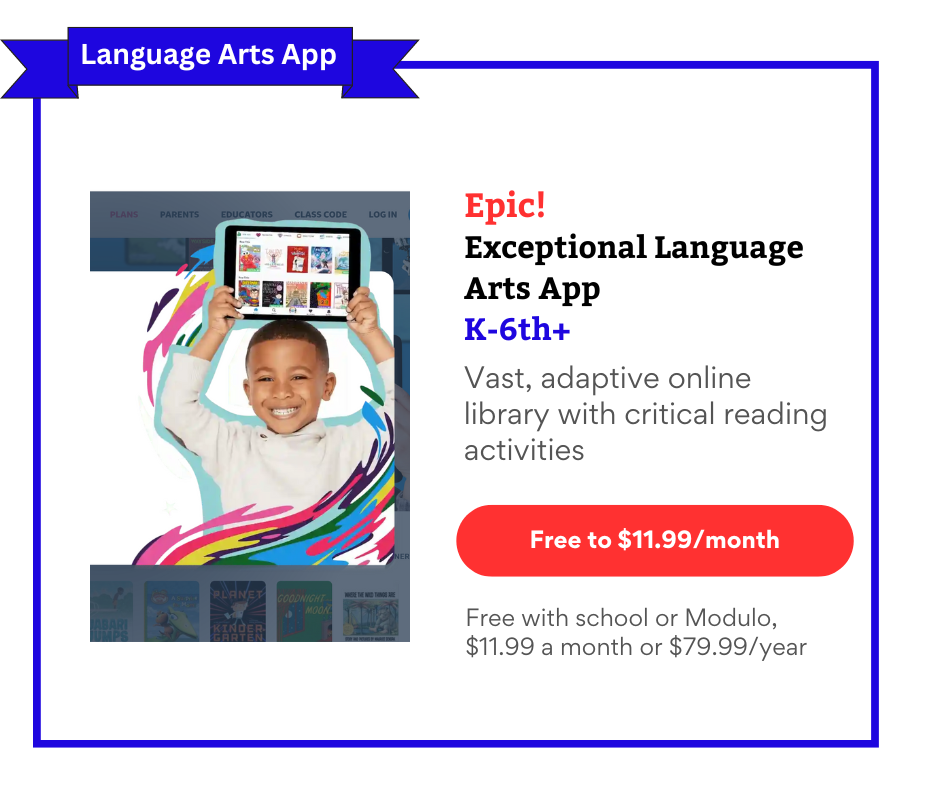
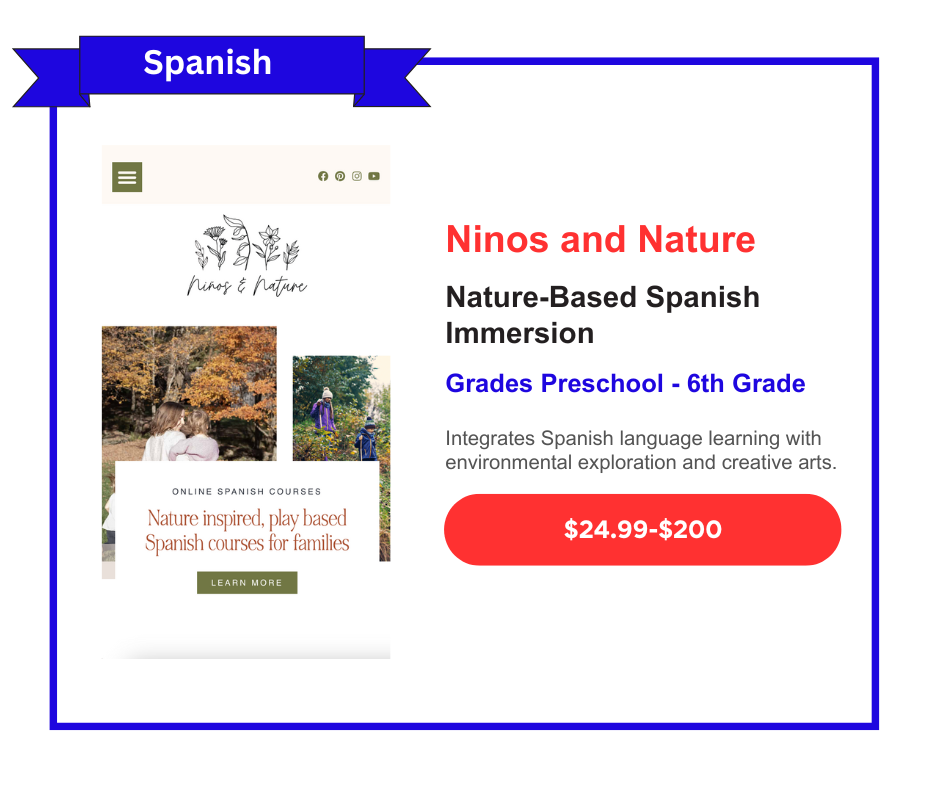
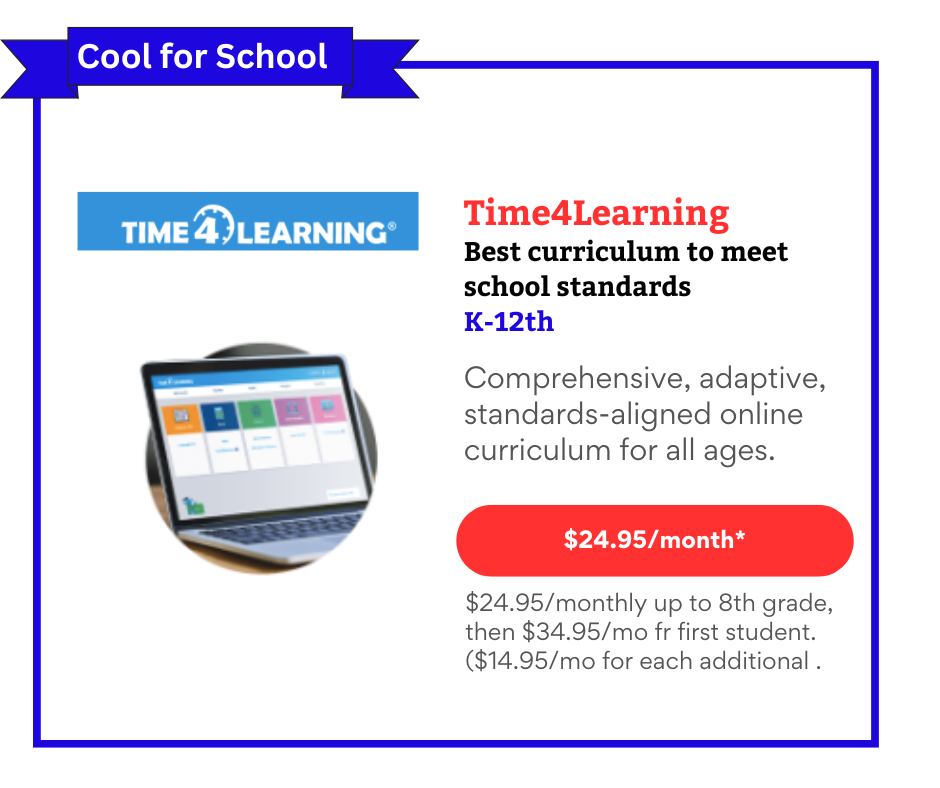



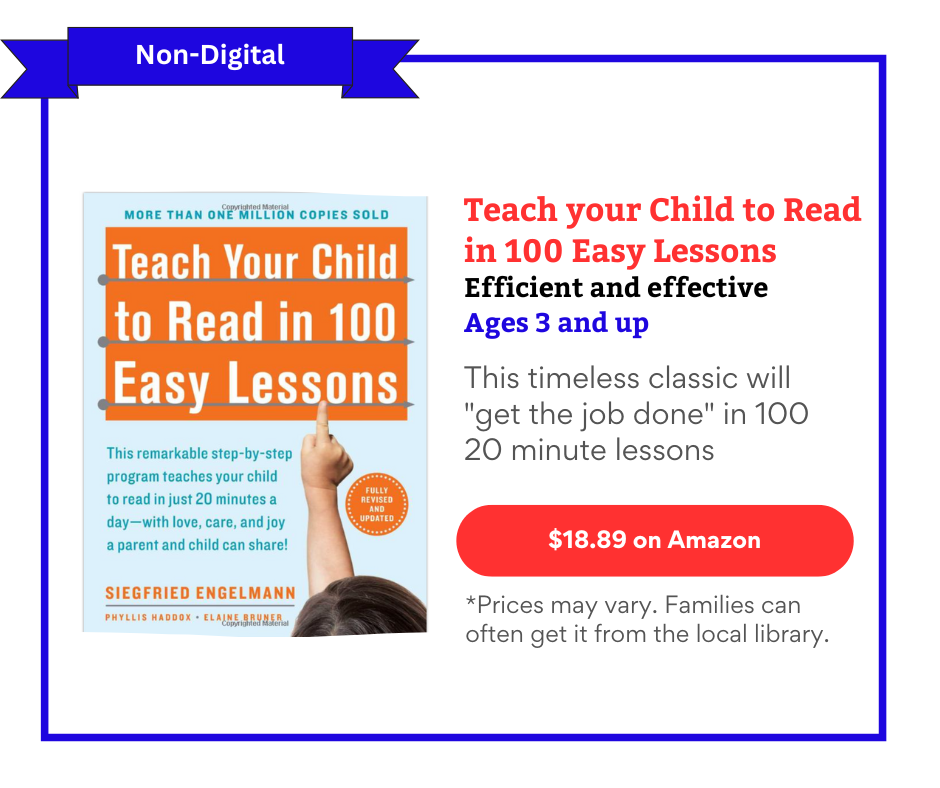
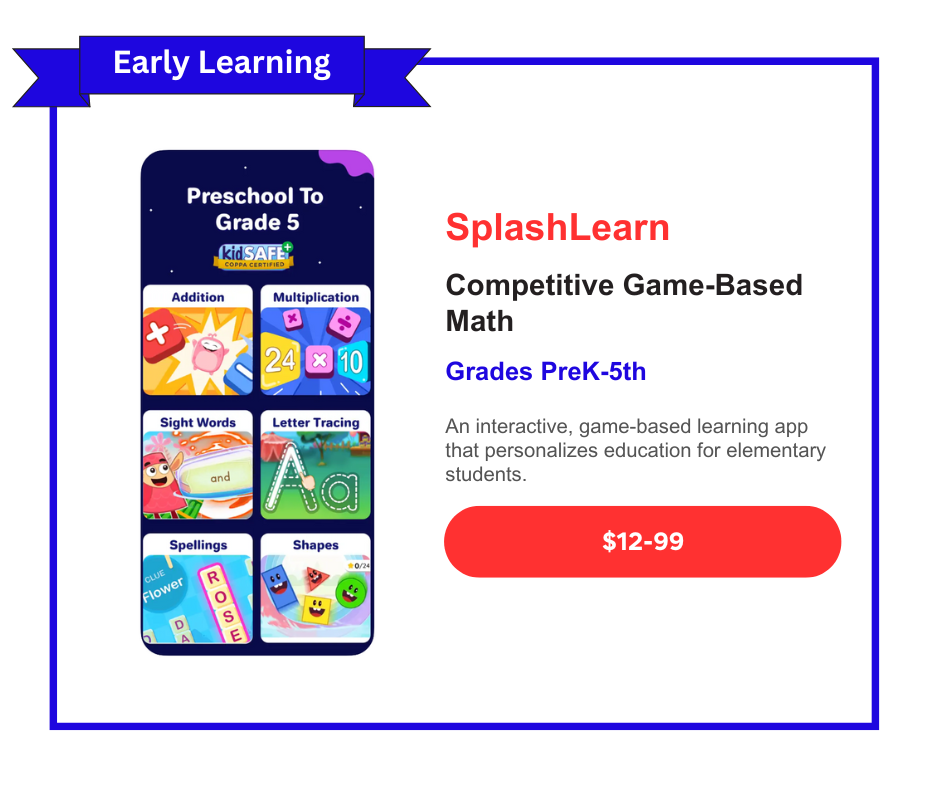
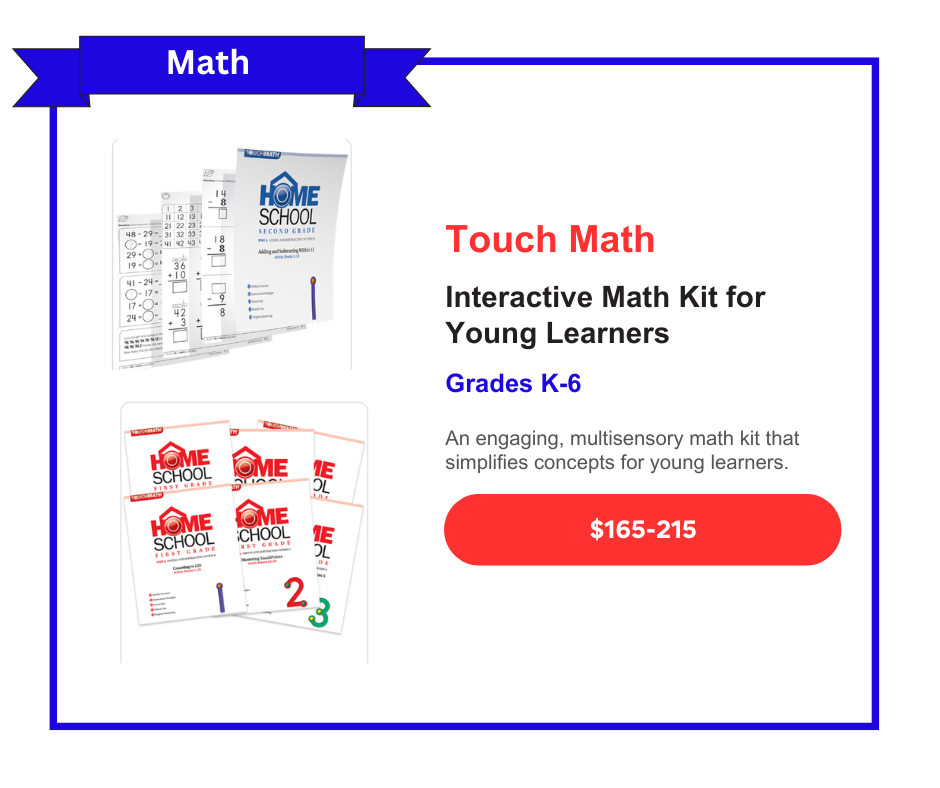
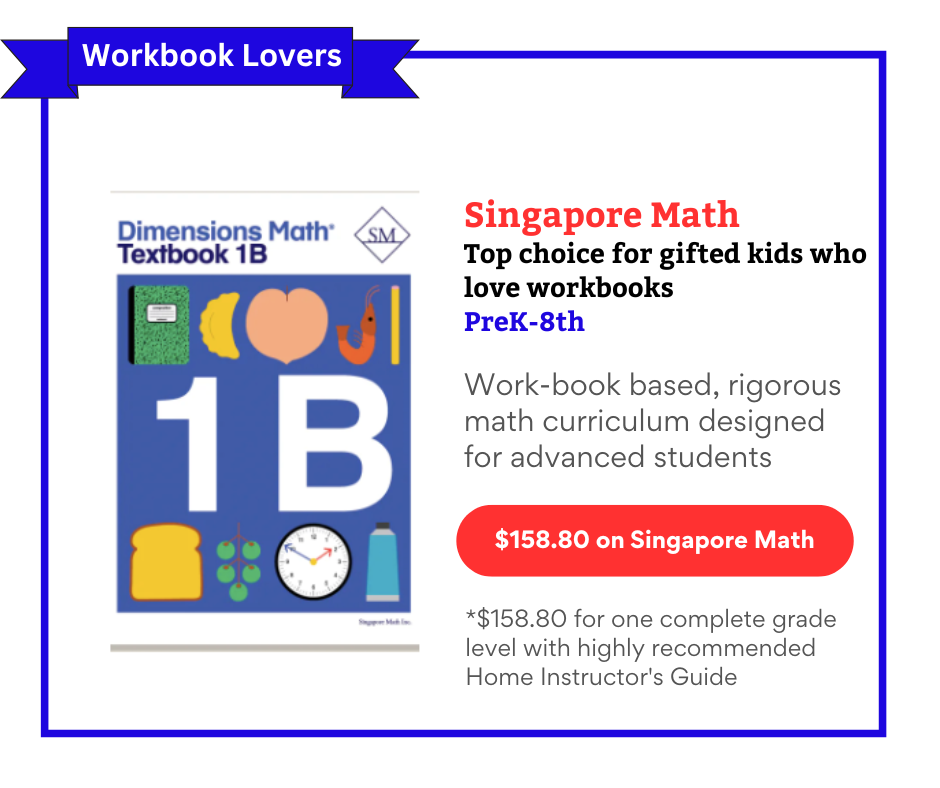
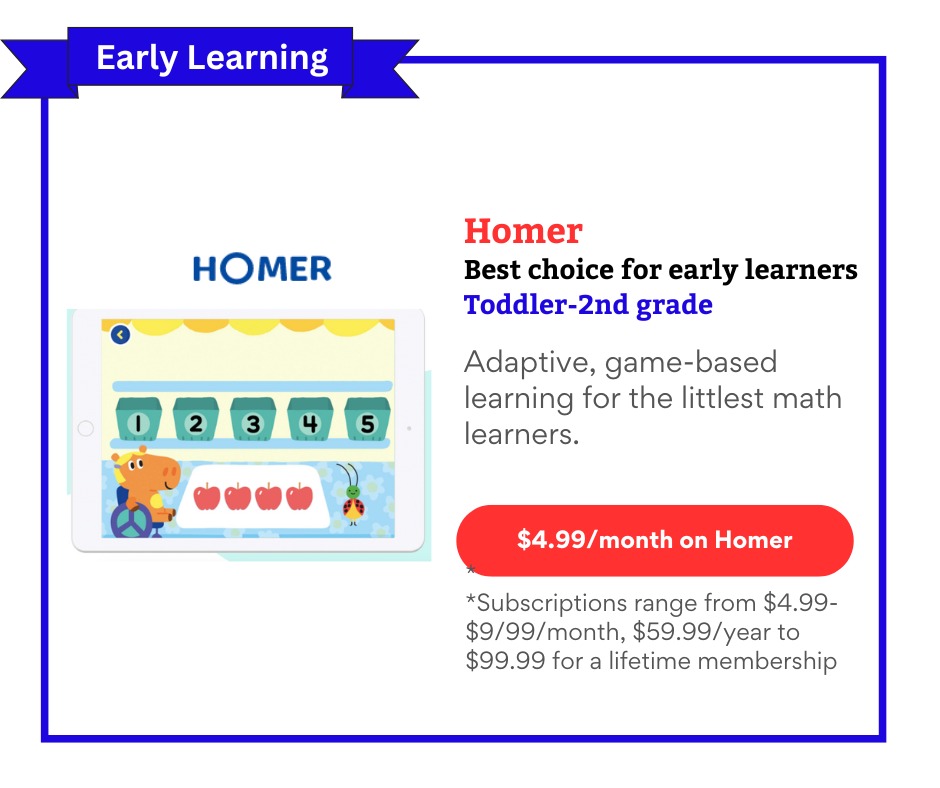
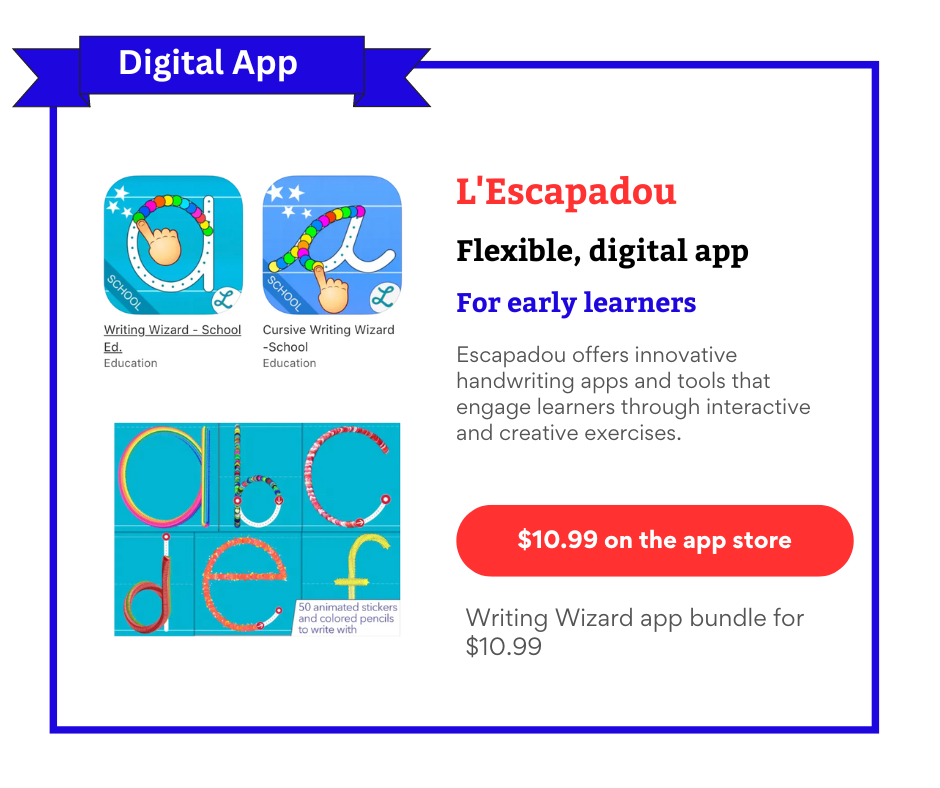
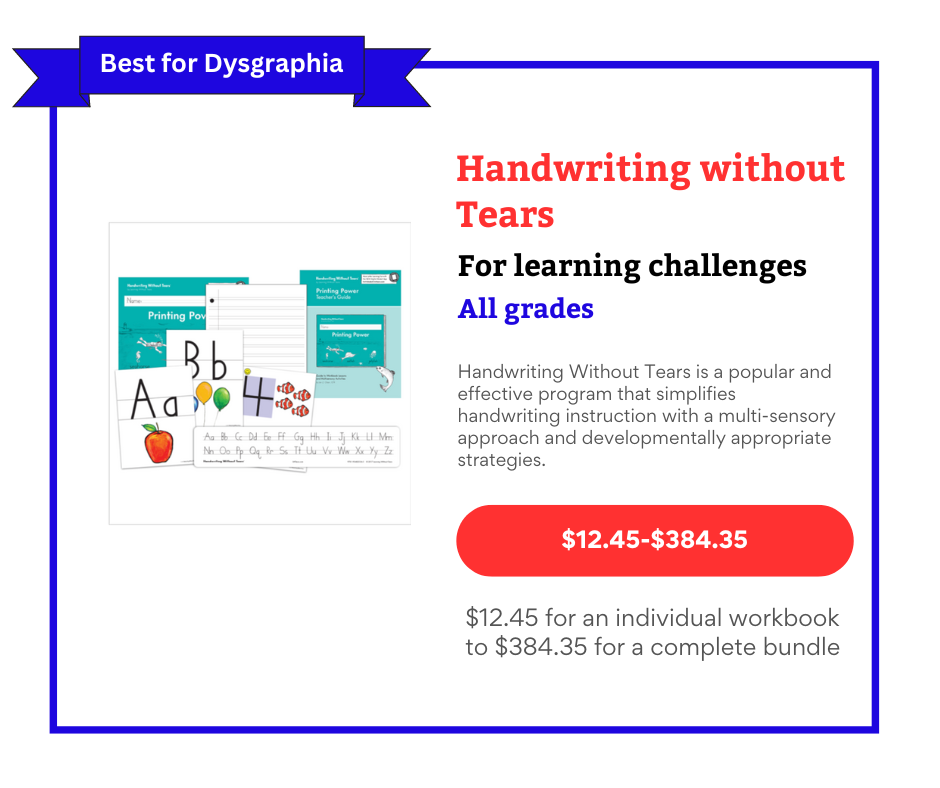

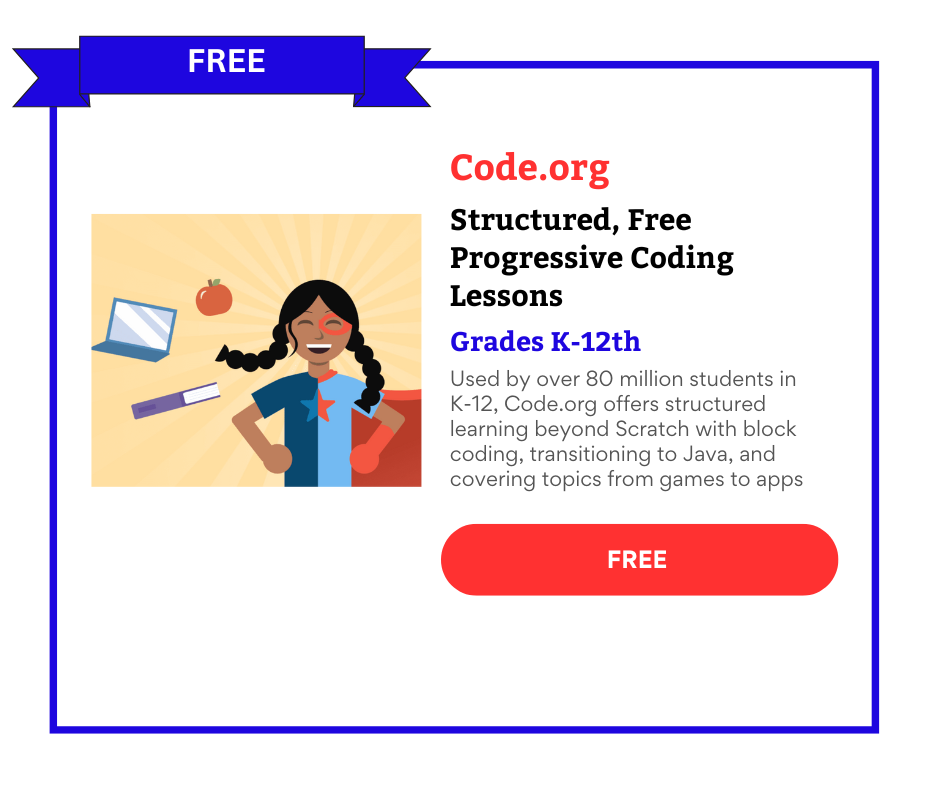



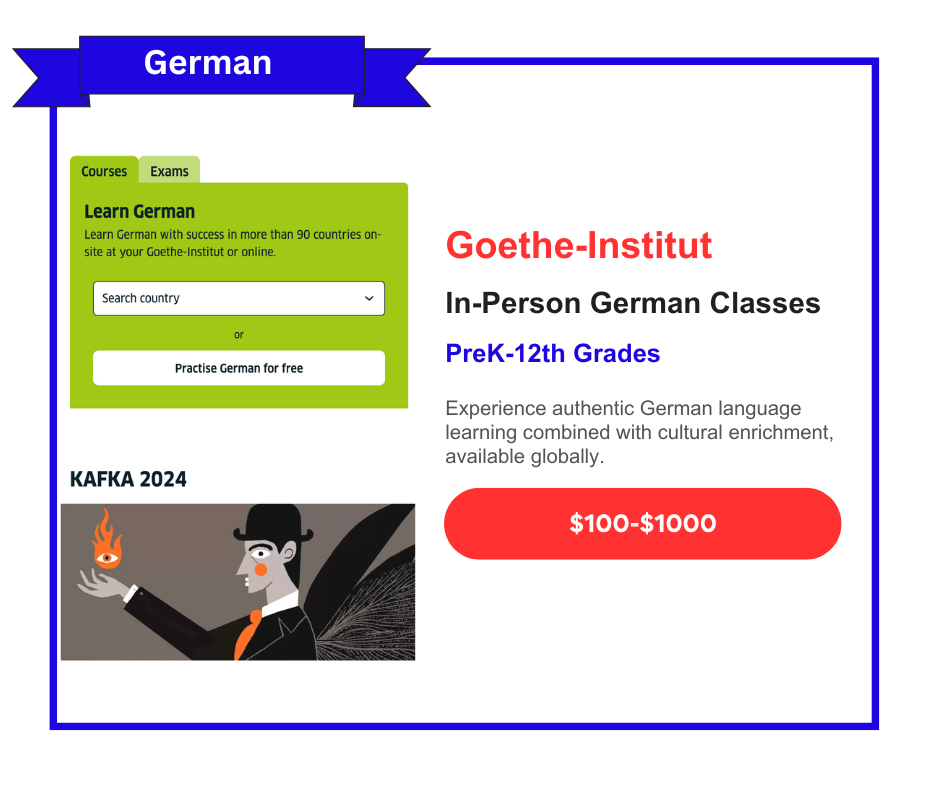
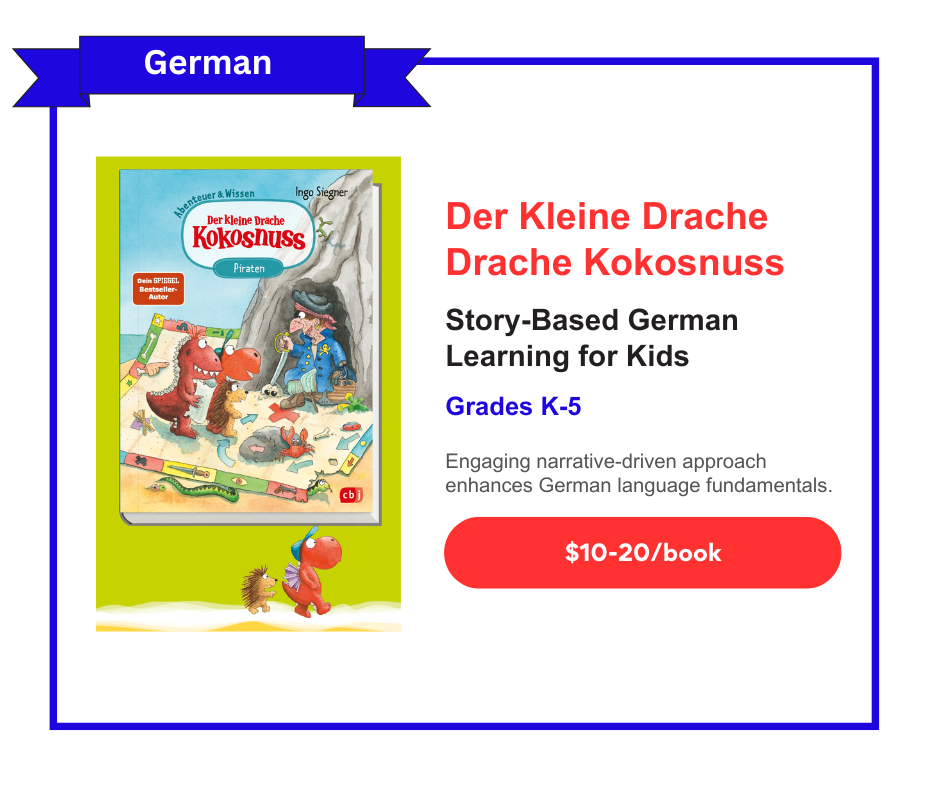

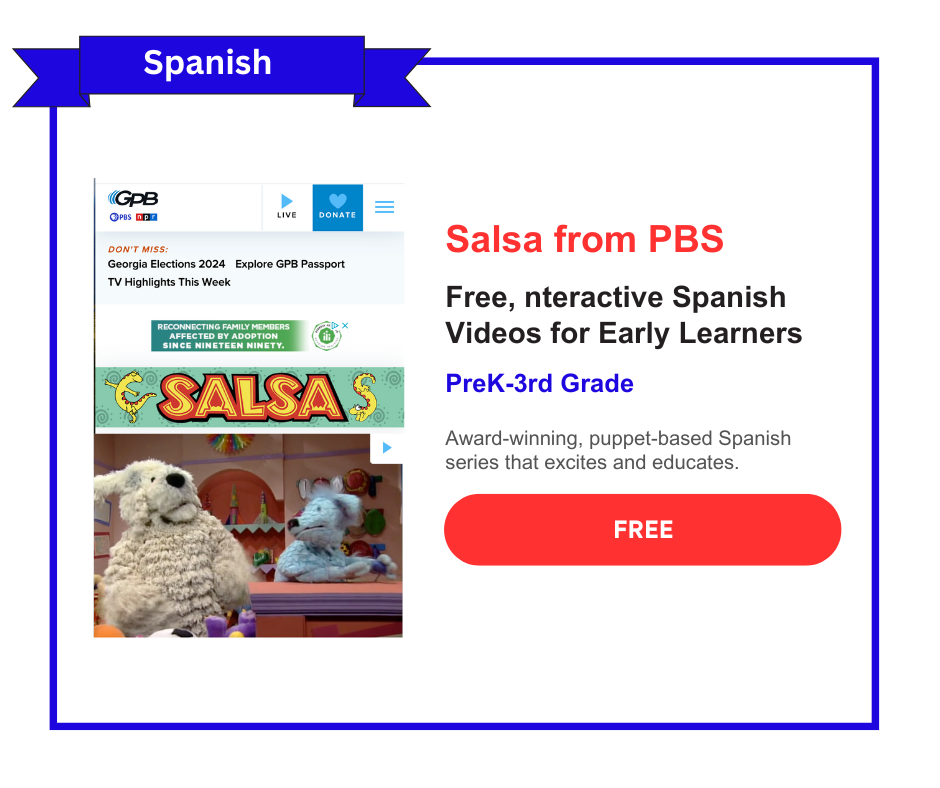
Are you considering Beast Academy for your child's math education? Read this comprehensive review by an experienced math teacher to find out if it's the right fit for your child's learning needs.